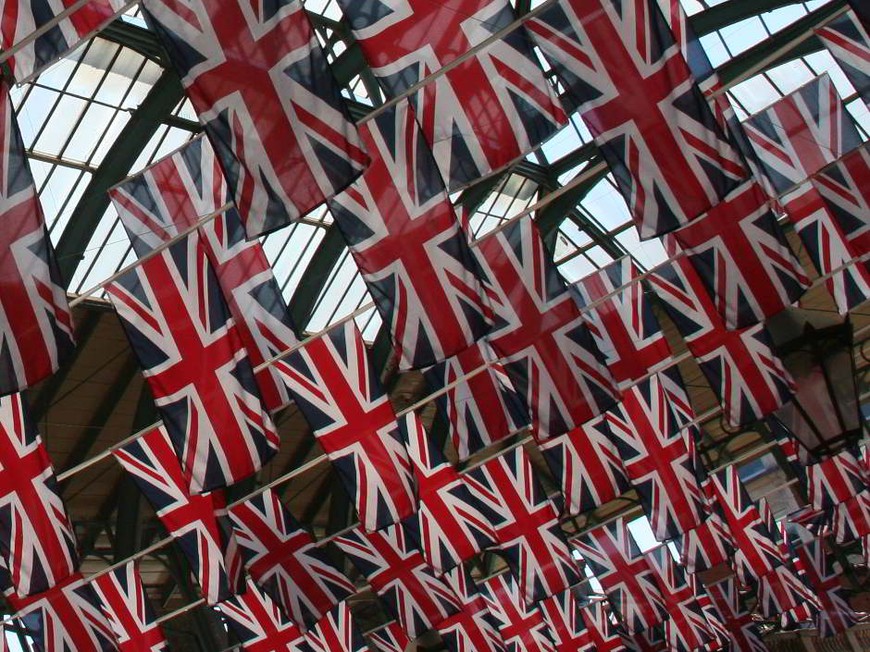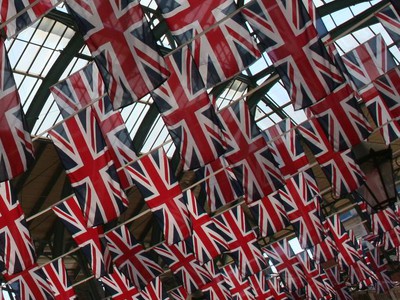

- The UK House of Lords refused to support a UIGEA like amendment to the Gambling (Licensing & Advertising) Bill, which would have obliged financial services companies to block payments to non-UK licensed gambling sites.
- Instead, the UK Gambling Commission has made a voluntary agreement with MasterCard, Visa and PayPal to restrict such transactions.
The UK House of Lords refused to support an amendment to the Gambling (Licensing & Advertising) Bill—similar to the Unlawful Internet Gambling Enforcement Act in the US—which would have obliged financial services companies to block payments to non-UK licensed gambling sites.
Instead, the UK Gambling Commission has made a voluntary agreement with MasterCard, Visa and PayPal to restrict such transactions.
The agreement was announced by Baroness Jolly in a response to the failure of the amendment. The three financial service providers have agreed to block transactions to non-UK licensed sites following the introduction of the new law at the end of this year.
The debate also failed to support severe advertising restrictions. In order to avoid defeat in a vote on the issue, the government announced that it would direct the Advertising Standards Authority to investigate whether the current rules are sufficient and whether they are enforced “proportionately and consistently.”
In the US where UIGEA exerts significant restrictions on the conduct of financial transactions with online gambling sites, the top online poker rooms have still been able to process deposits and withdrawals. The US’s inability to halt gambling transactions using UIGEA does not suggest that a voluntary system will achieve great success.
The new UK gambling bill, which will come into force this year, will require all online poker and other gambling operators with UK resident customers to be licensed by the UK Gambling Commission. That license brings the operator into the UK, tax regime which levies a 15% Gaming Duty on gross gaming revenues.
A report by KPMG indicated that the proposed Gaming Duty rate of 15% was actually likely to incentivize players to use non-UK licensed sites.
Recently, the Dutch regulator announced a similar arrangement in advance of changes to its own gambling laws which are expected in 2015.

